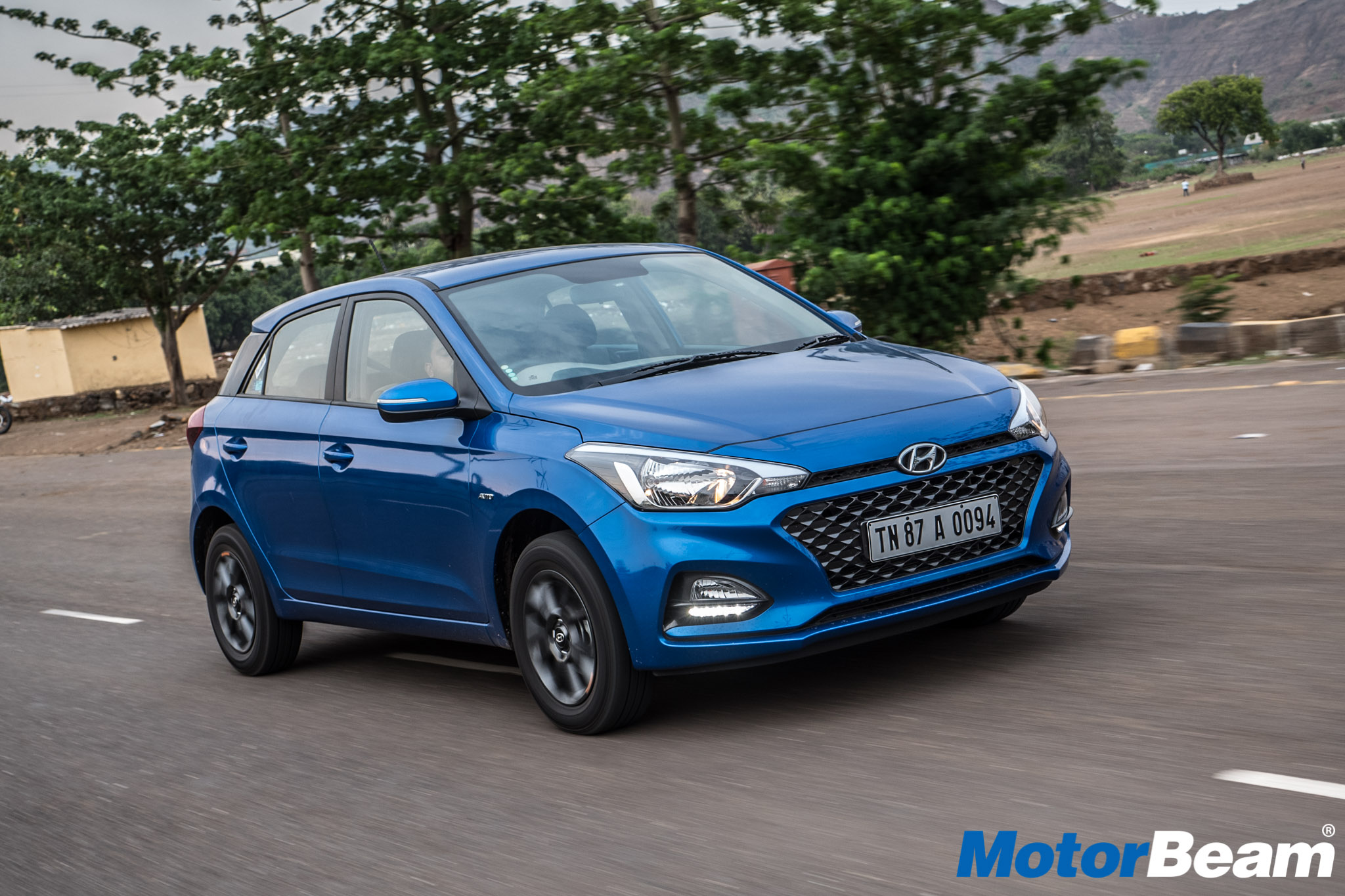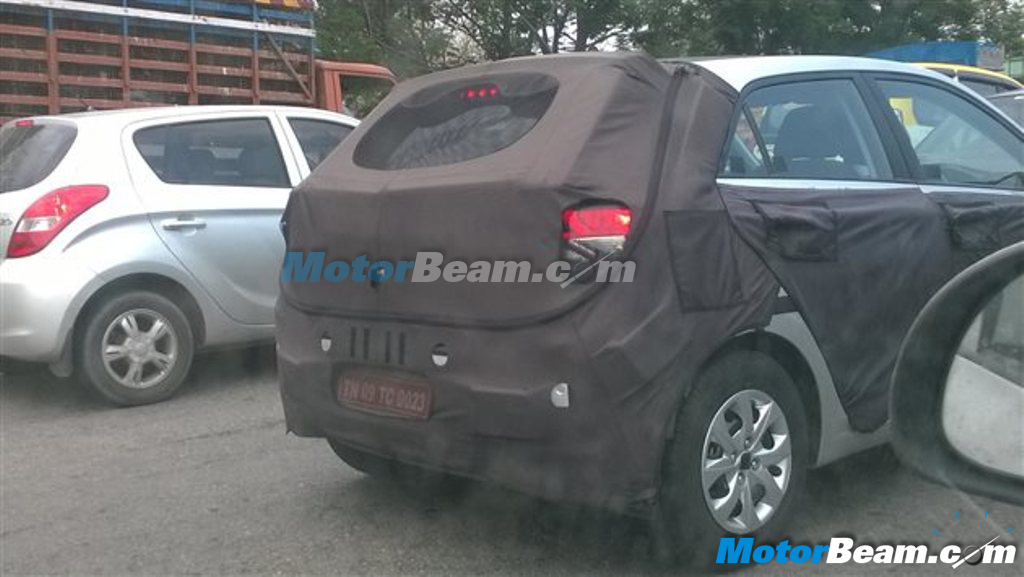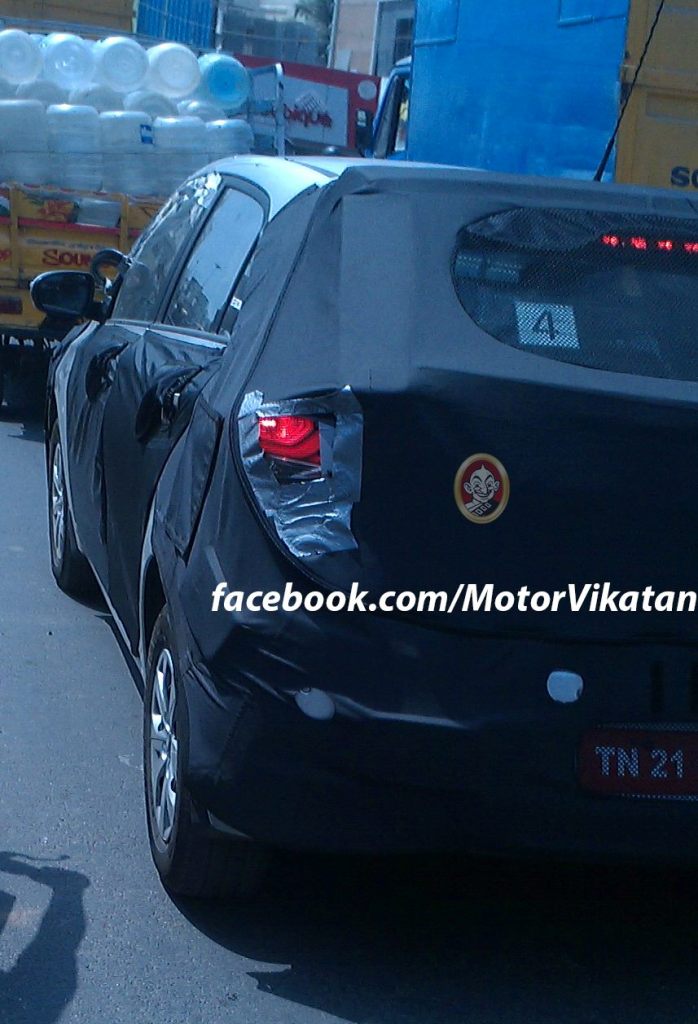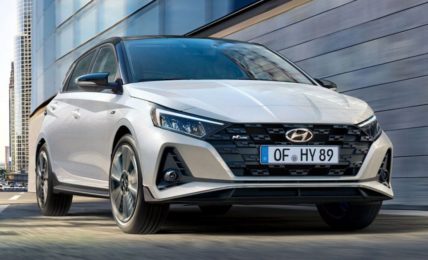
Performance – Powering the 2018 Hyundai Elite i20 CVT is the same 1.2-litre Kappa petrol engine which also powers the petrol manual variants. The 1.2-litre unit produces 83 PS of power at 6000 RPM and 115 Nm of twist at 4000 RPM. At idle, the powertrain feels supremely refined and one can barely hear the engine inside the cabin. Low-end performance is decent but the mid-range and top-end aren’t punchy enough. On part throttle, the 6-step CVT gearbox works seamlessly and is a boon to use in city’s stop-go traffic. However, the actual problem arises when you floor the pedal. There is too much rubber band effect and the engine starts to scream at higher revs with progress being very slow post the 6000 RPM mark. The rubber band effect gets more pronounced as you go hard on the throttle.
Overtaking even at speeds as low as 40-60 km/hr requires planning
The CVT gearbox likes to take things easy
There is a manual mode which lets you go through the gears and manually take control of things but then again, the powertrain itself doesn’t feel punchy and sprightly enough. So, literally, the manual mode doesn’t help much. With a fuel efficiency of around 11-12 km/l in the city, the vehicle doesn’t actually have bad drinking habits. Take a light cruise on the highways and that figure inches closer to 14-15 km/l mark. According to our VBOX tests, the i20 CVT does 0-100 km/hr in 14.66 seconds.
The 15-inch wheels help in making the ride quality slightly better
Driving Dynamics – In terms of driving dynamics, not much has changed. As mentioned earlier, the CVT-equipped variants ride on relatively smaller 15-inch wheels so the ride quality is slightly better but handling isn’t all that great. The steering doesn’t offer the required feel and feedback. The suspension is softly sprung and hence there is some pitch and roll at higher speeds. Braking performance is great and so is the grip from the tyres.




